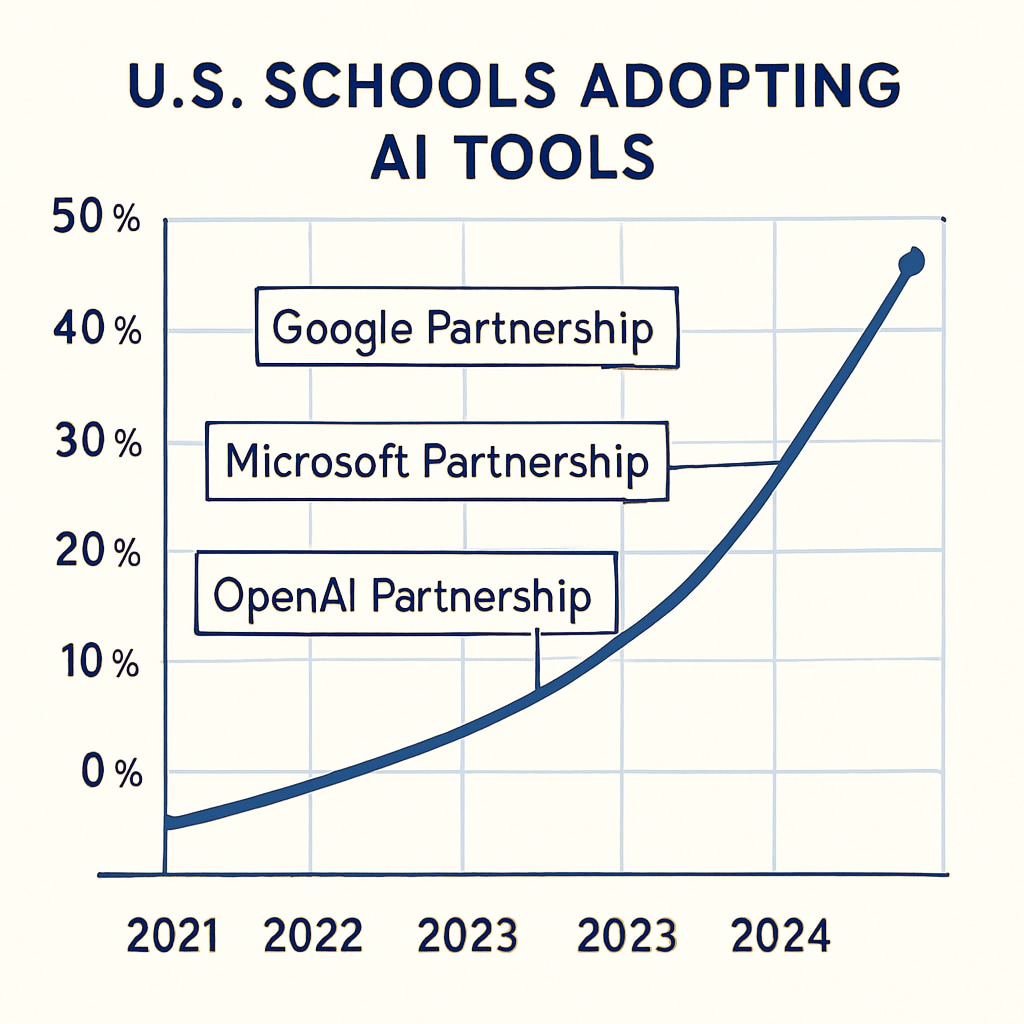The rapid integration of artificial intelligence education into US schools reflects a carefully orchestrated campaign by technology giants, raising questions about tech company influence and the real-world effectiveness of school AI applications.

The Corporate Playbook for Classroom AI
Tech companies employ three primary strategies to embed their AI tools in schools:
- Product donations: Companies like Google and Microsoft provide free or discounted hardware/software packages to schools, as documented in educational technology reports.
- Teacher training programs: Corporations fund professional development that promotes their proprietary AI solutions.
- Curriculum partnerships: Tech firms collaborate with districts to create AI-powered lesson plans.
Unanswered Questions About AI Learning Tools
While proponents highlight potential benefits, significant concerns remain:
- Most AI educational tools lack independent effectiveness studies
- Potential privacy issues with student data collection
- Risk of creating technology dependency in early learning
According to Britannica’s AI overview, these systems often function as “black boxes” with unclear decision-making processes.

The Political and Economic Dimensions
This push into classrooms coincides with:
- Tech companies seeking tax benefits for educational initiatives
- Government policies encouraging STEM education investments
- Long-term market-building strategies for future consumers
As artificial intelligence education becomes more prevalent, educators must critically evaluate both the promises and potential pitfalls of these corporate-driven school AI applications. The coming years will reveal whether this technology truly enhances learning or simply serves commercial interests.


